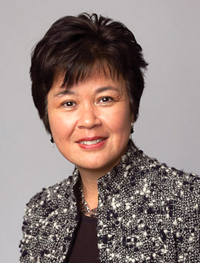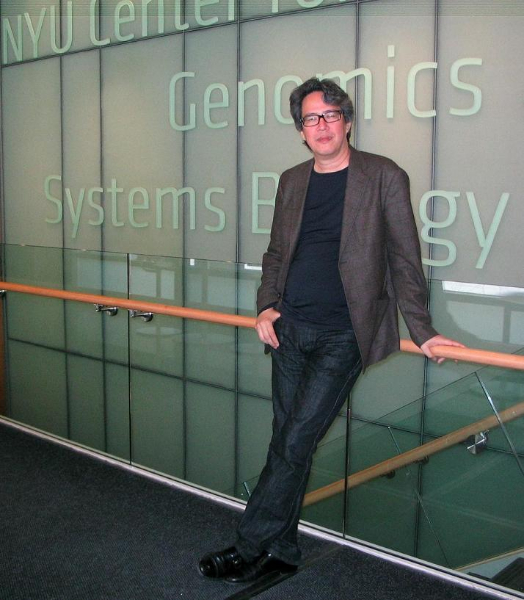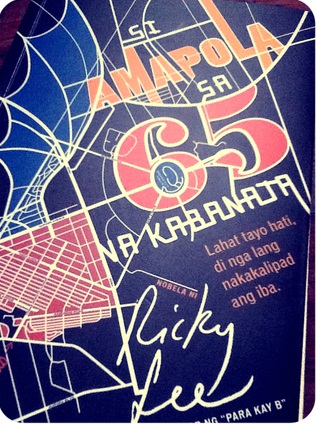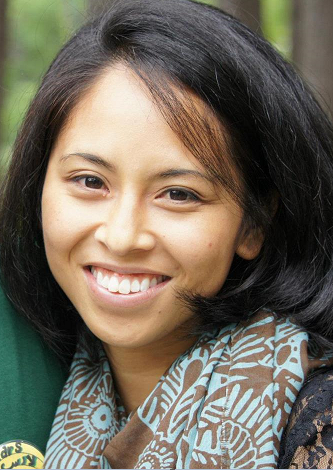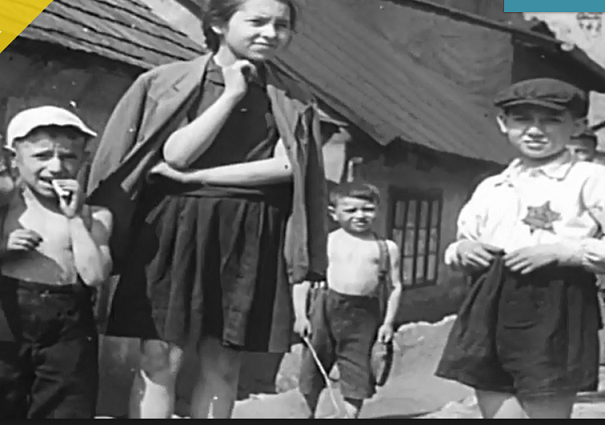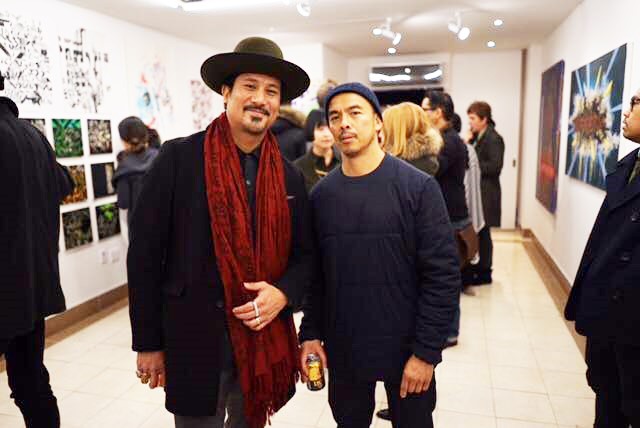Human rights forum echoes: Stop the killings, stop the killer
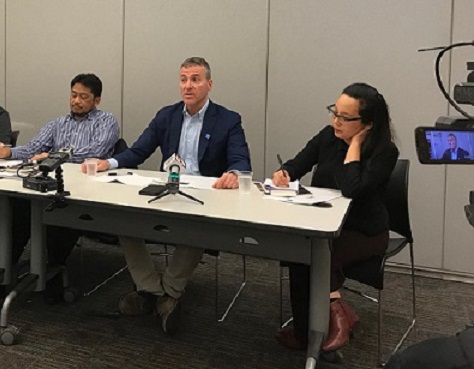
Panel speakers from left: Fr. Albert Alejo, S.J., Phelim Kine of Human Rights Watch, and responder Olivia Canlas of AF3IRM. Photos by Lambert Parong/FAPCNY
Human Rights Watch’s Phelim Kine remembered a chilling encounter he had with then presidential candidate Rodrigo Duterte in 2015.
The two met on the sidelines of the presidential debate forum organized by Rappler. When Duterte learned Kine was deputy director of Human Rights Watch’s Asia division, Kine recalled the mayor inviting him to Davao City so he can “publicly execute us.”
The audience who attended the packed Kapihan forum, “How to Protect Human Rights in the Philippines,” on January 22, let out a mild gasp.
There is a “human rights calamity” in the Philippines, Kine declared at the forum organized by the Fil-Am Press Club of New York and AF3IRM feminist organization founded by novelist Ninotchka Rosca It was held at the National Writers Union hall on 38th Street.
He said the country brutal war against drugs has resulted in about 12,000 Filipinos killed, many of them impoverished, some young and innocent of the crime.
“Here is a person who reads the names of people in a drug list, and those people end up dead,” he said. “That is the Duterte model of crime control.”
Kine said HRW had warned about Duterte as early as 2009. He was referring to an investigation by his organization on the Davao Death Squads in a 2009 report. “You Can Die Anytime: Death Squad Killings in Mindanao.”
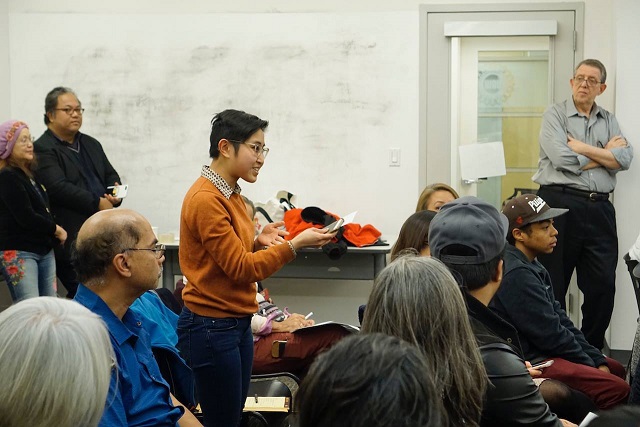
A vigorous open forum followed, with many in the audience asking, What can overseas Filipinos do to help the country?
It states, “This report provides an anatomy of death squad operations. It is based on our investigations of 28 killings, 18 of which took place in 2007 and 2008. The victims include children as young as 14. In researching this report, we found evidence of complicity and at times direct involvement of government officials and members of the police in killings by the so-called Davao Death Squad (DDS).
“The longtime mayor of Davao City, Rodrigo Duterte, has made numerous statements attempting to justify the killing of suspected criminals, believing that such killings have a deterrent effect on crime and have made the city a safer place…”
Said Kine, “Duterte won only a 38 percent “pluralistic victory,” and that there are about 60 percent who did not want him to be their president.
He maintained the extra-judicial killings of drugs suspects are “state sanctioned,” and that the Philippine National Police, whose officers are accused of many of the murders, is “beyond redemption.”
Fr. Albert Alejo S.J., the other forum speaker, offered a perspective on the opposing realities of Duterte’s presidency. While there are mass killings of drug suspects, he pointed out that there are also “real improvements in the lives of so many Filipinos.” This explains why the administration, despite being seen as “monstrous,” continues to enjoy popular support. He said, “Let this be a point for reflection for us,” and wondered why Filipino culture allows this to happen.
He said Filipinos are conflicted. The people of Mindanao, the region where Duterte was a popular leader for decades, suffer “layers and layers of hurt, layers and layers of fear, and layers and layers of distrust.” As people called on the government to stop the killings, shouldn’t there be a similar cry to “stop the killer,” he asked.
The panelists were asked how overseas Filipinos could help the country, Kine underscored a need for a UN-led investigation of the Duterte government, but such an effort should have widespread domestic support.
© The FilAm 2018

